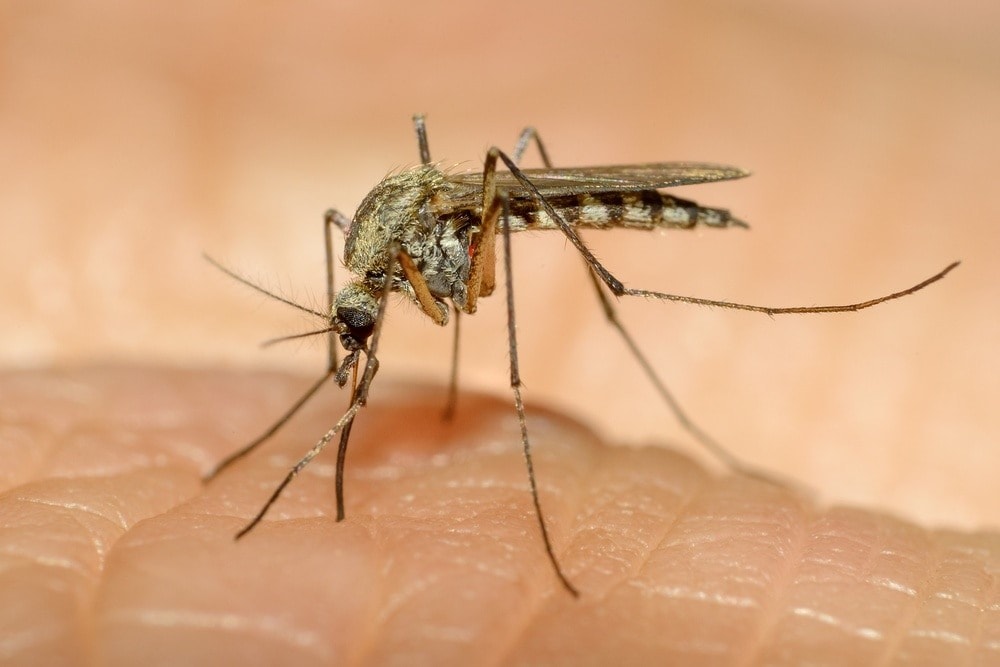The Zika virus and pregnancy is a hot topic for women and doctors worldwide. Many are wondering what the Zika virus is, what are the symptoms are, the treatments available, prevention and how it spreads.
What Is The Zika Virus?
The Zika fever is an illness caused by Zika virus. Zika fever and the Zika virus during pregnancy has been declared a global public health emergency by the World Health Organization. The health emergency is not related to the general public but rather to expecting mothers and those looking to conceive.
Zika fever has been connected to several birth defects. Most research links the virus and fever to microcephaly, which is the development of smaller heads in babies with possible brain damage.
What Are The Symptoms?
Zika virus causes symptoms such as fever, rash, headaches, joint pain, and/or red eyes lasting anywhere from 2-7 days. Zika has been linked to major birth defects, including microcephaly and Guillain-Barré syndrome in the babies of women who are pregnant at the time they are infected with the virus.
Although the research has not yet drawn a clear link between other neurological complications and the virus, the CDC and WHO are strongly cautioning pregnant women from traveling to areas where this virus is a known risk.
How Does Zika Spread?
Zika virus is a virus that is spread by Aedes mosquitos. There is also evidence that it can be spread through blood transfusion and sexual contact, vaginal and anal. It is unknown if the virus can be spread through oral sex, but considering it is spread through semen, there is a possibility for it to be spread through oral sex. There has also been a report of a man passing it to his young child through his tears and/or sweat.
Semen can also contain the virus for a longer period than blood. The virus is known to have the ability to spread through men who currently have symptoms, as well as before they start and after they end.
Currently, there is no vaccine or cure. At this time, the CDC strongly cautions against pregnant women or women who are trying to get pregnant from traveling to countries and areas of the USA where Zika is known to be a risk.
The WHO encourages those traveling to areas where the virus is present to not engage in any sexual activity for at least 8 weeks after returning from the location, even when no symptoms are experienced. For women looking to get pregnant, it is advised you wait 8 weeks after coming in contact with the Zika virus or traveling in the area.
Men are cautioned to wait at least 6 months after traveling to a Zika-affected area or after experiencing any Zika virus symptoms.
How To Prevent Zika Fever
If you must travel to a country or area of the USA where Zika is a risk, there are a few precautions you can take. Wear long sleeves and pants to cover as much skin as possible. Use insect repellant whenever possible. Stay indoors during the daytime, which is when mosquitos that carry Zika are most active (they can still bite at night).
If you begin to experience any symptoms, see a doctor immediately. Do not try to treat Zika at home if you are pregnant.
Men who experience symptoms of the Zika virus should use condoms or avoid sexual intercourse for at least 6 months. Women who are trying to get pregnant and previously had symptoms of the virus or tested positive should wait at least 8 weeks after symptoms first appeared before trying to conceive.
It is recommended to talk to your healthcare provider before trying to conceive.
How To Treat The Zika Virus and Zika Fever
The Zika virus is mostly a mild fever and has no current treatment besides drinking plenty of fluids, getting a lot of rest and keeping the patient comfortable with fever and pain reducers. Always seek medical help if your symptoms worsen.
Where Does The Zika Virus Come From?
The Zika virus originated in Uganda, Africa and appears to be most associated with the Yellow Fever carrying mosquitos. Kenya, Ethiopia, Egypt, and several other west Africa countries report cases of Zika Fever.
The virus is now found in Brazil and the northern countries of South America, all Central American countries, India, Indonesia, and a number of other Southeastern Asia countries.
Are There Locations In The USA That Have a High Risk of Zika?
Please follow this link to the CDC website to stay current on locations that have a risk of Zika.
Want to Know More?
Compiled using information from the following sources:
1. Center for Disease Control
https://www.cdc.gov/zika/symptoms/
2. World Health Organization
https://www.who.int/mediacentre/factsheets/zika/en/
3. New York Times
https://www.nytimes.com/interactive/2016/health/what-is-zika-virus.html






